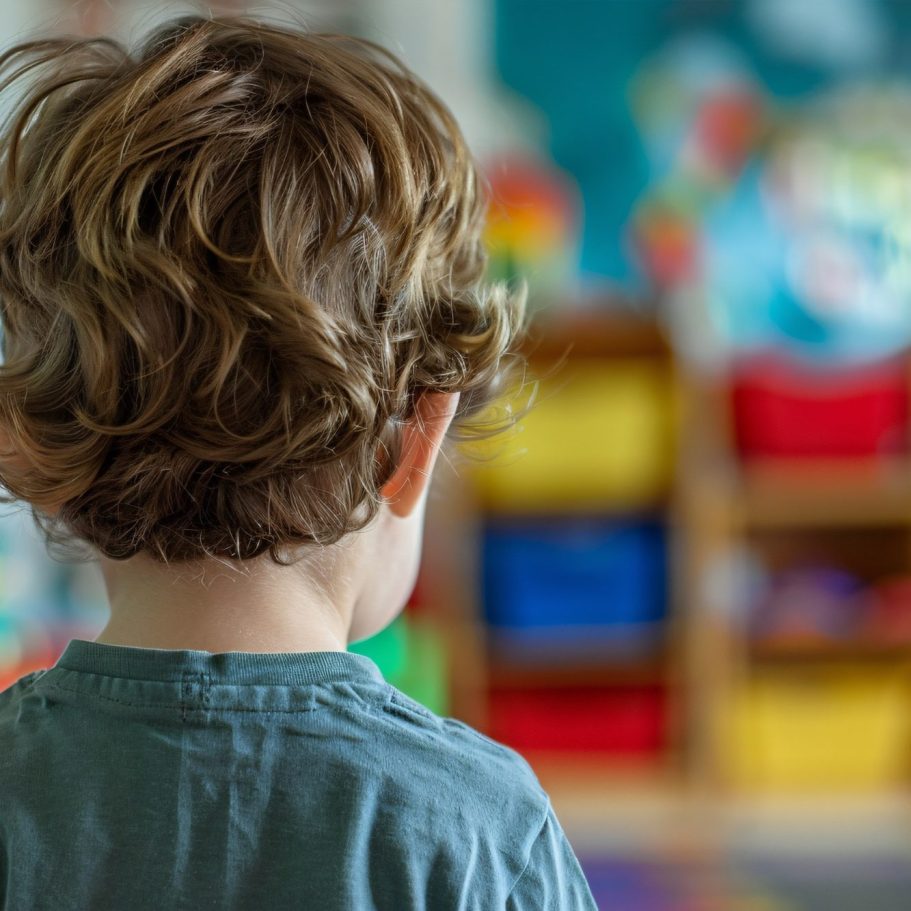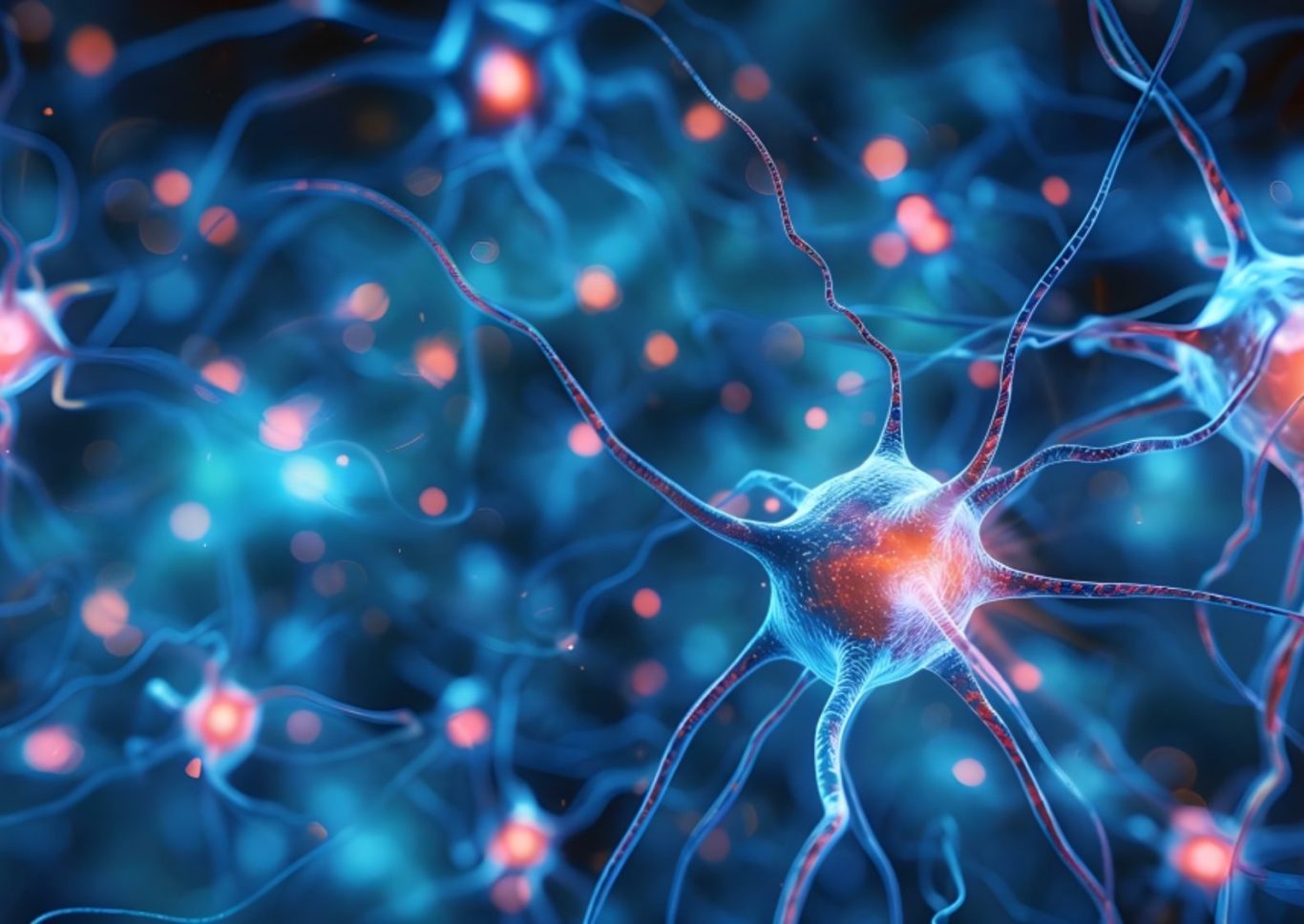Healing Children Through the Power of Play

I am a certified Play Therapist working in Bristol. I am registered with PTUK and the Professional Standards Authority.
I am able to work in many settings from schools to hospitals, but also have capacity for private work in a purpose built space.
Using an integrated approach I focus on the unique needs of each individual.
My play therapy sessions provide a safe space for children aged 3 to 13 to explore their thoughts and feelings related to any difficulties they are experiencing, using creative play techniques.
I'm trauma informed play therapist and I have a special interest in neurodivergence.
We can see a child's inner world through their play long before they are able to link words to their experiences.
Katharine


Empirical Success
Play Therapy has been proven effective in addressing a wide range of issues including ASD, ADHD, family difficulties, bereavement, depression, social and emotional issues and more....

Creative Exploration
I provide children with the tools to work through any difficulties creatively, making it easier for them to understand their feelings and experiences.

Supportive Environment
Every session takes place in a warm, welcoming space where children feel safe to express themselves and play freely.

Confidentiality....
Confidentiality is paramount in respect to establishing and maintaining trust between myself, the child and their families.
If there are any safeguarding concerns, I follow local child protection procedures.
With parent/carers permission and when necessary, I may share reports and information with other services and professionals.
Why choose Skylark Play Therapy?
Where Imagination Meets Healing
I am specialised to work in Play Therapy for ages 3-13. Empirical effectiveness for children with complex needs, those with neurodivergent traits and clients with psychiatric disorders.
Using creatively engaging therapeutic approaches, I can help children articulate their feelings and nurture their social and emotional skills through their play. This can allow them to access healthy coping skills.
At Skylark, I understand that every child is unique. My specialised play therapy techniques are crafted to meet the needs of each child, helping them navigate their emotions through the power of play. With a focus on children's mental health, I continually asssess each individual to cater to their specific requirements.



What is Play Therapy?
Children find it hard to talk about their problems. They may not have the words to describe how they are feeling, or why they are behaving in the way that they are. A child may not be able to articulate what it is that they are finding difficult, or to explain it to someone if they are asked.
Play Therapy provides a safe space to do this through play facilitated by the experience and expertise of the therapist.
Play Therapy sessions aim to build a child’s ability to develop healthy and resilient relationships, and to work though traumatic experiences which may be troubling them.
Difficult feelings can make learning at school or coping with everyday life almost impossible. Addressing difficult emotions through play allows the child to work in the metaphor which can provide a degree of removal from those experiences. Therefore it can feel safer and less intense for the child to express themselves and to feel free to explore their experiences.
Play Therapy can help many children....
trauma
bereavement
abuse
self-harm
experiencing changes or challenges within the home
self-worth
challenging behaviour
social struggles/anxieties
selective mutism
neurodiversity
attachment difficulties
emotional regulation
and more....



Play Therapy is not just playing, it is a neuroscientifically grounded intervention that essentially rewires the brain.


Whatever your child is struggling with, Play Therapy may help...
Using the brains plasticity Play Therapy can work to re-pattern unhelpful brain patterns by creating new pathways. This includes finding new coping strategies to help with everyday situations to helping with traumatic events, to the integration of trauma memories.
As Dan Siegal says, "Each interaction with kids offers the opportunity to build their brains and further their capacity to be the kind of people we hope they'll be".
Some neurological and psychological benefits include...

Promotion of Healthy Brain Development
Neuroplasticity: Engaging in imaginative and interactive play stimulates brain plasticity, helping neurons form new connections.
Right & Left Brain Integration: Activities in play therapy help integrate emotional (right hemisphere) and logical (left hemisphere) brain functions, improving emotional regulation.
Reduction of Stress and Supporting Emotional RegulationCortisol Regulation
Play Therapy can reduce cortisol (stress hormone) levels.
Amygdala Calming: Repeated safe and expressive play experiences calm the amygdala, the brain’s fear centre, which is often overactive in traumatised children.
Enhancing Executive Function
Improves prefrontal cortex functions like:
Impulse control
Planning and organisation
Problem-solving
Especially important in children with ADHD or trauma-related difficulties.
Supporting Language and Communication Development
Symbolic and role-play enhance areas of the brain responsible for language (e.g., Broca’s and Wernicke’s areas).
Helps children express complex emotions or traumatic experiences they may not yet have words for.
Improvement in Attachment and Social Brain Functions
Strengthens neural circuits involved in:
Trust
Empathy
Connection (via oxytocin release)
Promotes secure attachment, particularly when the therapist models safety and attunement.
Encouragement of Cognitive Flexibility and Creativity
Stimulates the default mode network and prefrontal cortex, encouraging divergent thinking and adaptability.
Helps children “re-script” traumatic memories in a safe and manageable context.
